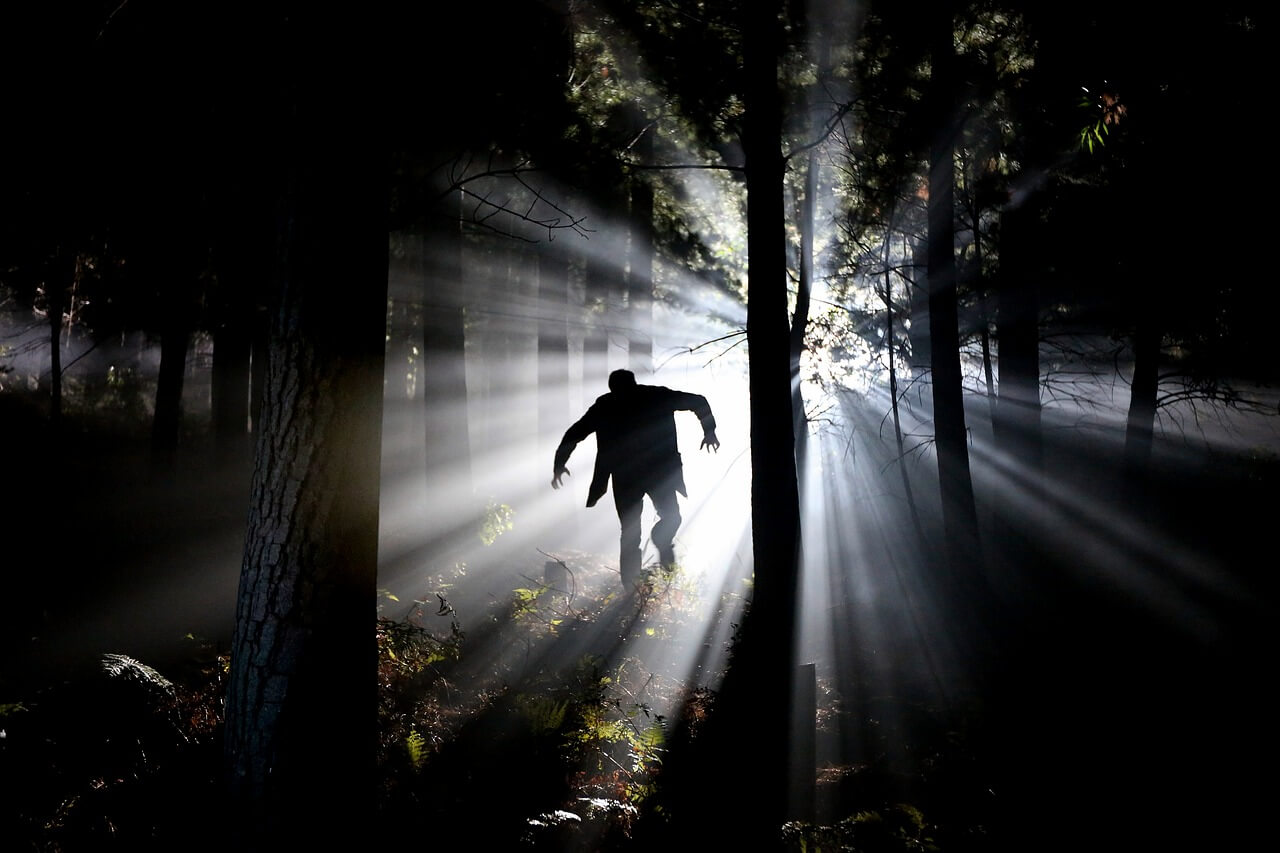Many are familiar with Aristotle’s view of virtue. Simply put, Aristotle proposed virtue as the mean between two vices – but the virtue, he continued, does not fall directly between the two. Instead, it falls closer to one than the other. Thus, for example, he proposed bravery to fall between cowardice (the defect of the virtue) and foolhardiness (the excess of the virtue).
This view on human virtues is a good way to understand them. However, one must always remember that theological virtues – faith, hope, and charity – can have no excess; one cannot have too much faith in Jesus Christ, have too much hope in Him, nor love Him too much.
With that in mind, let us turn to pastoral concerns in regards to morals. Pastors of souls especially are called to read the “signs of the times” and prepare their flocks for the particular errors of the day. Failing to do so puts souls in jeopardy, their own included.
For example, for more than a century, the Church rightly confronted the errors of Jansenism, which was, simply put, a form of moral rigorism tied to predestination. Fr. Hardon defines it thusly:
According to Jansenius, man’s free will is incapable of any moral goodness. All man’s actions proceed either from earthly desires, which stem from concupiscence, or from heavenly desires, which are produced by grace. Each exercises an urgent influence on the human will, which in consequence of its lack of freedom always follows the pressure of the stronger desire. Implicit in Jansenism is the denial of the supernatural order, the possibility of either rejection or acceptance of grace. Accordingly those who receive the grace will be saved; they are predestined. All others will be lost. (Catholic Dictionary, p. 237)
This heresy raged following the Protestant Reformation (specifically John Calvin), even into the end of the 18th century. During that time and in particular places (one thinks especially of France), a pastor should speak against moral rigorism with a strong zeal. Of course, the same pastor should speak against moral laxity as well, but since the errors facing his flock were not as commonly of this sort, he would be a fool only to speak against moral laxity and never against moral rigorism. In fact, doing just that would likely push his flock toward the Jansenist heresy, not away from it.
In the modern world, moral rigorism is not the scourge it once was. Yes, we all must guard against it, for it is easy to fall into, especially for pious practicing Catholics. However, the opposite vice, moral laxity, is alive and well today. It is, in fact, flourishing so abundantly that Catholics don’t feel any need to go to Mass or practice their faith, let alone share the Gospel with others. Relativism of religion reigns supreme and can be best described as indifferentism – that all religions lead to the same place, either universal salvation or universal annihilation. As grave as the error of indifferentism is today, most pastors stand silently by while their flocks are infected with it.
Yet even this says too little, for silence is not the common pastoral cry in this realm. Pastors instead warn their flocks against moral rigorism! They speak of the “reasonable hope that all men will be saved” and how “there is truth and goodness found in all religions.” They even rally against those who would speak the dogma “outside the Church, there is no salvation.” Even the more orthodox priests nuance this clearly proclaimed doctrine of the Church so much that their flocks succumb to indifferentism.
In part, this seems to come from a refusal to read any Church documents prior to 1962. Further still, never once is the term “invincible ignorance” used, which, if it were, would help draw a clear distinction between the Truths of salvation and the errors of indifferentism. Pastors just emphasize repeatedly how those outside the visible confines of the Church may be saved.
While this is true enough – it is possible that, due to invincible ignorance, those outside the visible confines of the Catholic Church may be saved – a gross emphasis on the Church as the only ark of salvation is not the error of our day. The error of our day is indifferentism, not Jansenism; pastors of souls would be wise to confront this error instead of embracing it. This requires reading Church documents dated prior to 1962.
That indifferentism is a chief error of today is not just one layman’s opinion. Take these statements Pope Pius IX condemned in his Syllabus of Errors, issued in 1864:
“Man may, in the observance of any religion whatever, find the way to eternal salvation, and arrive at eternal salvation.”
“Good hope at least is to be entertained of the eternal salvation of all those who are not at all in the true Church of Christ.”
“Protestantism is nothing more than another form of the same true Christian religion, in which form is given to please God equally as in the Catholic Church.”
Now, to focus on these condemnations by the Church at the exclusion of all else would be a vice of excess. To ignore them is a vice of defect. The virtue, then, falls somewhere in between. Pastors must warn against both moral rigorism and moral laxity. They must also pay careful attention to our times. Just as the doctor prescribes medicine to remedy the patient’s disease, pastors must speak against indifferentism, a chief error today, so that their flocks might be whole, healthy, and most of all able to attain the salvation freely offered to all by Our Lord, Jesus Christ.


